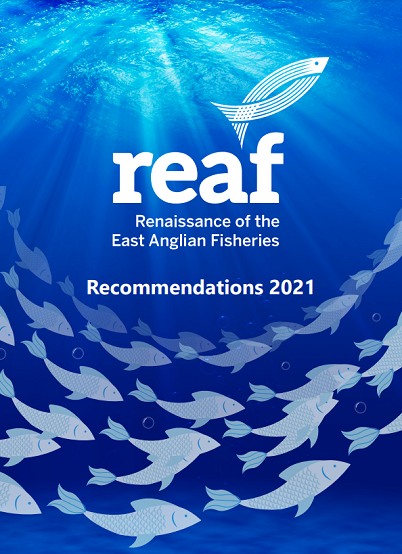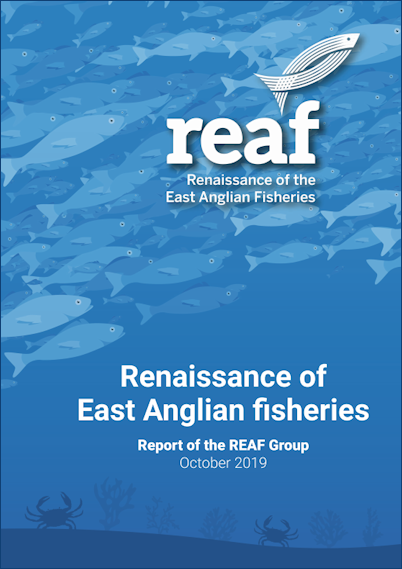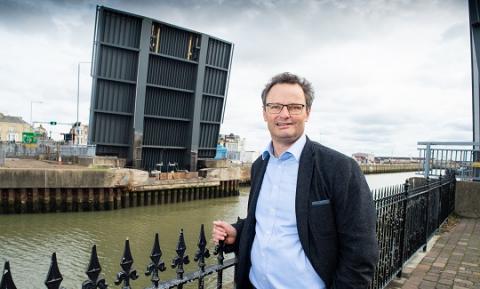Exploring the opportunities that Brexit may present to the East Anglian fishing industry.
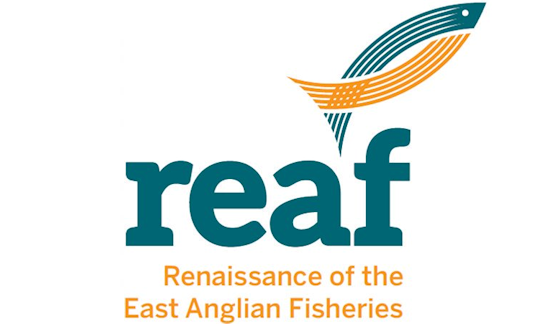
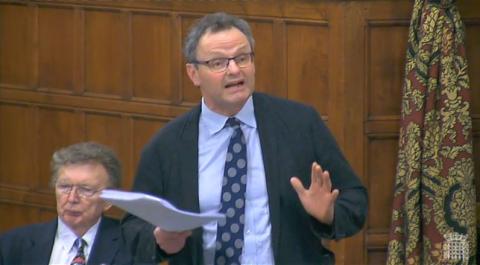
Peter Aldous calls on the Government to develop a national coastal strategy to make the most of coastal communities’ significant potential for job creation in the renewable energy, tourism, fishing and maritime sectors. Specifically, locally, he calls on the Government to adjust the Lowestoft enterprise zone boundaries, invest in education and skills and very importantly at the current time coastal defences.
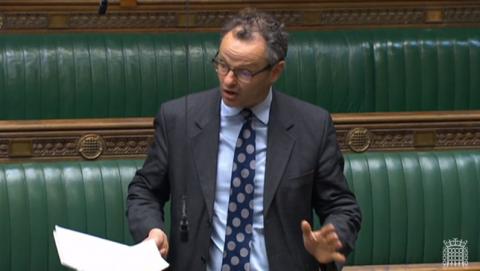
Peter Aldous outlines the challenges facing the fishing industry in East Anglia and, in particular, calls for a simpler ML5 medical certificate process, investment in local infrastructure, markets, and processing facilities, a national strategic plan for regional fish markets and a more strategic approach to marine planning, with the needs of the fishing industry being properly represented.
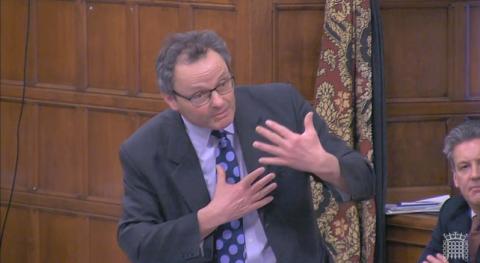
Speaking in a debate on the methodologies for setting allowable catches in fisheries negotiations, Peter Aldous pushes the case for southern North sea spurdog as the inshore fishermen who fish sustainably with long lines and nets cannot catch spurdog at the moment, but EU trawlers can.
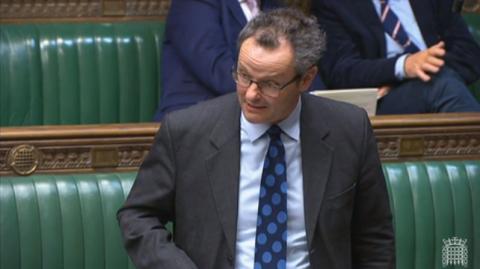
Peter Aldous asks about the outcome of the annual fisheries negotiations with the EU and other North Atlantic states and raises concerns that the total UK fishing opportunity secured is considerably below the level of inflation and asks what is being done to ensure that the UK achieves better outcomes from negotiations now that we participate as an independent coastal state.
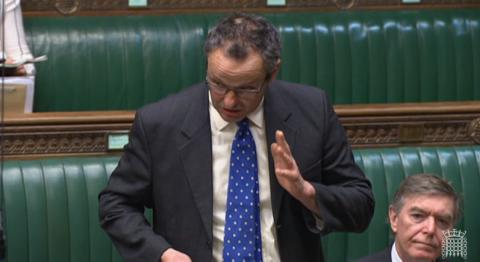
Peter Aldous welcomes Government engagement with local fishermen in producing the bass fisheries management plan and seeks confirmation that the management plan accords with the trade and co-operation agreement, and will also apply to EU vessels.
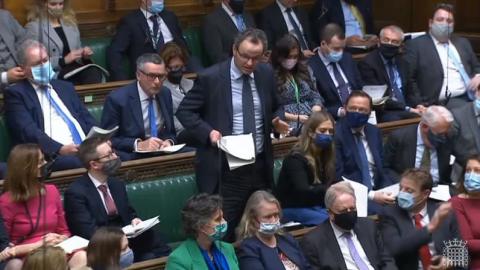
Peter Aldous calls for a meeting with the Prime Minister to discuss the opportunities for East Anglia to be a global exemplar in new and revitalised industries such as low-carbon energy and sustainable fishing, and establish a strategy to realise the region’s full potential.
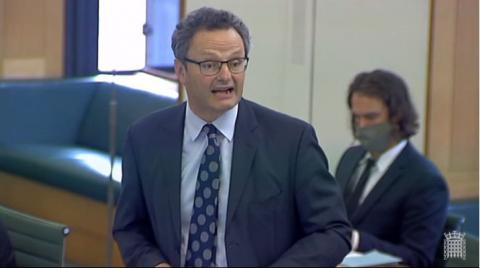
Peter Aldous calls on the Government to set out a route map to setting up a world-class fisheries management system that will benefit both the marine environment and local people in coastal communities such as Lowestoft, and highlights the need for more support for the inshore fleet.

